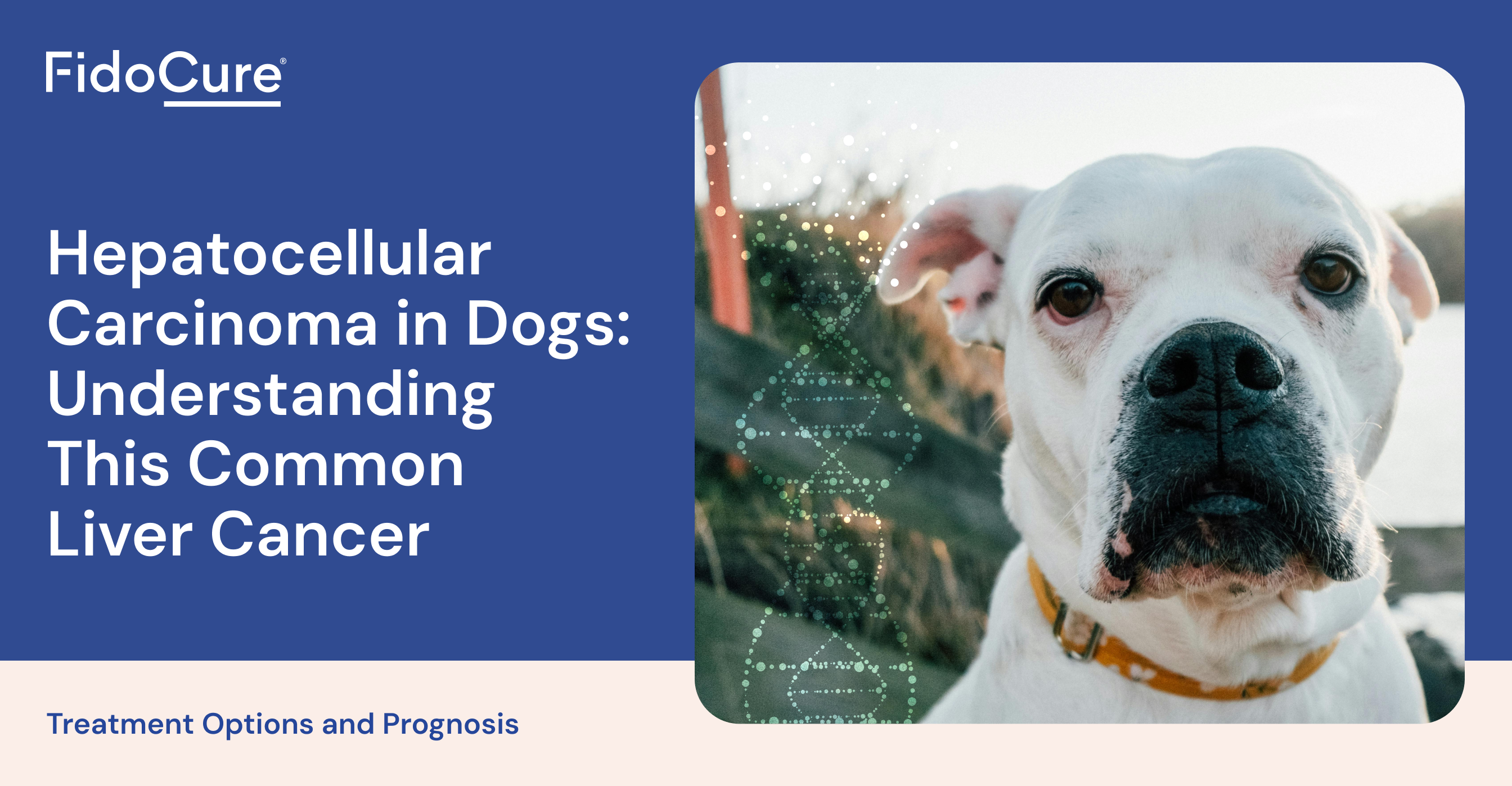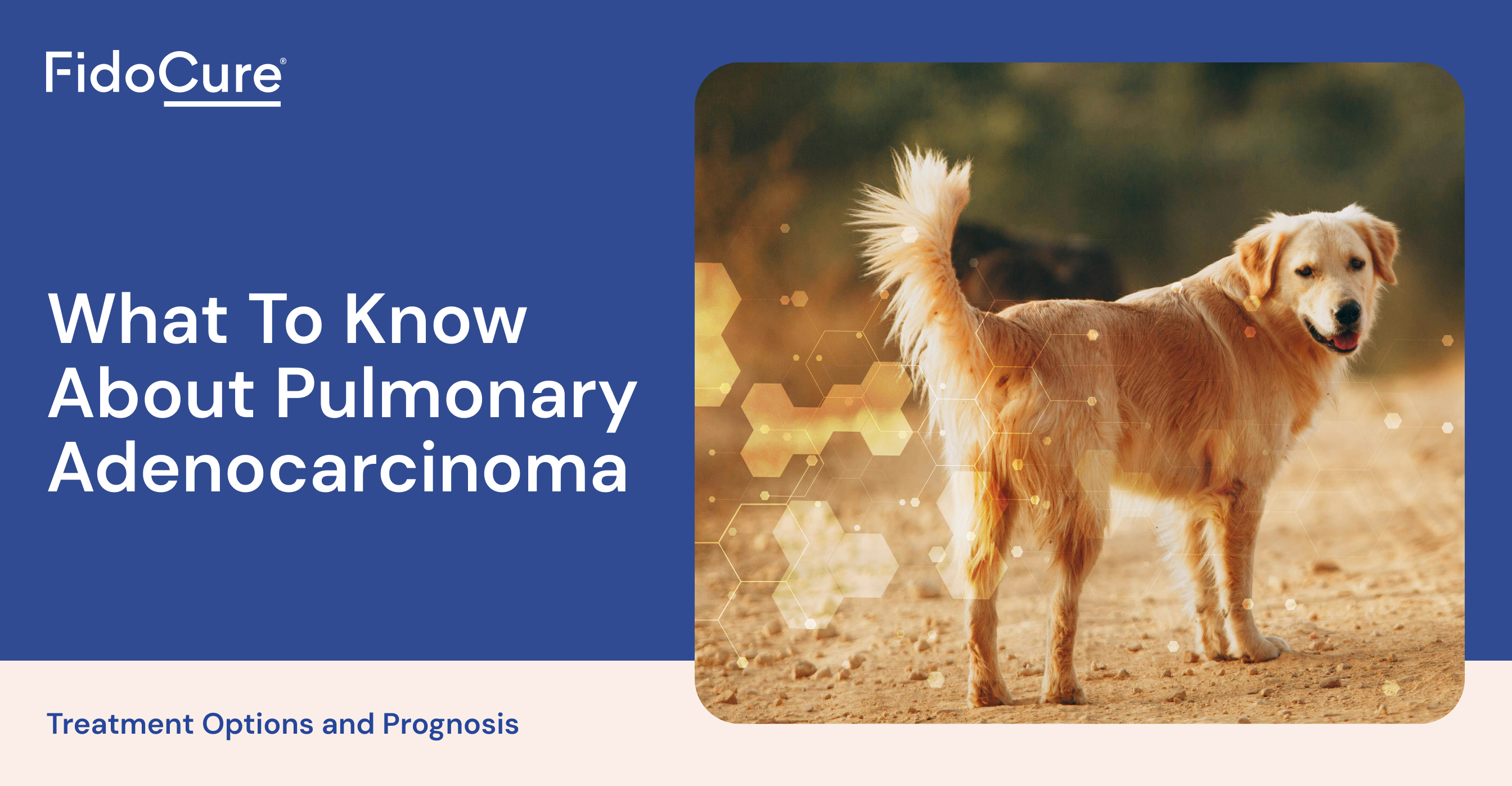Do Human Cancer Drugs Work on Dogs With Cancer?
At FidoCure, we're pioneering a revolutionary approach to treating canine cancer by bringing the power of precision medicine from human oncology to veterinary care. If your beloved dog has been diagnosed with cancer, you may have been told that the treatment options are limited. However, thanks to groundbreaking research and innovative technologies, there's new hope in the form of precision cancer drugs originally developed for humans.









